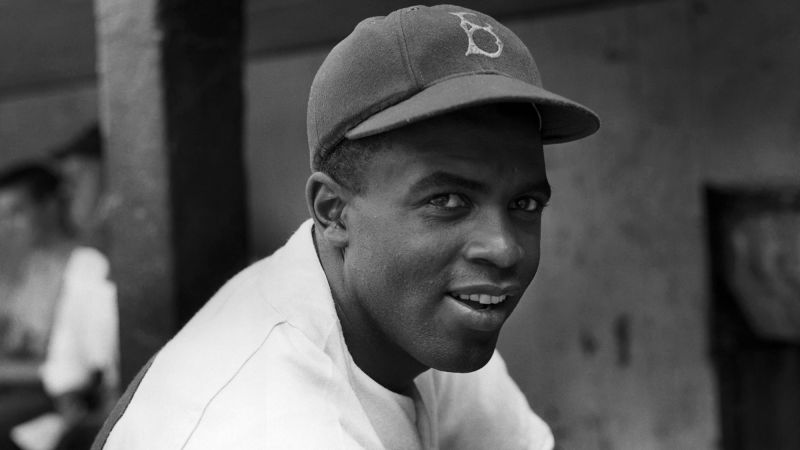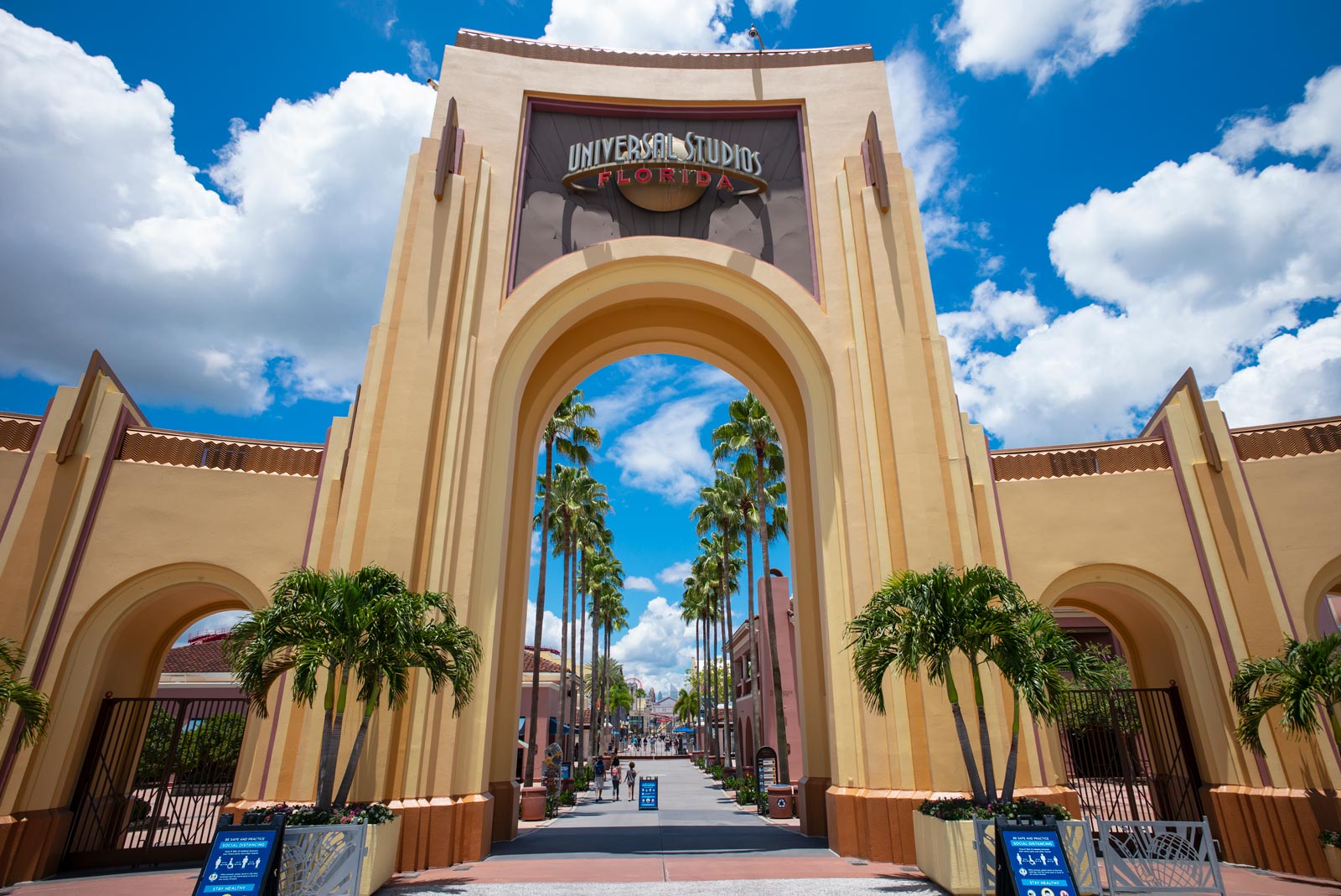Honoring Jackie Robinson’s Legacy
Every year on April 15, Major League Baseball comes together to commemorate the life of Jackie Robinson.
Every player wears Robinson’s number, 42, as they celebrate the man who made history as the first Black player in league history.
Robinson made his debut on April 15, 1947, playing for the Brooklyn Dodgers. Throughout his 10 seasons, he made six All-Star teams and won a World Series with the Dodgers in 1955. Moreover, he was a National League batting champion and Most Valuable Player, all while enduring racism and death threats. His iconic number has been retired by every Major League team.


Robinson’s journey as a formidable athlete began in college, where he lettered in four sports at UCLA. Consequently, he led the nation in rushing as a football player. Following his college career, Robinson was drafted by the US Army, where he spent a couple of years serving his country. Bettmann Archive/Getty Images


Robinson married Rachel Isum in Los Angeles in 1946. Throughout his life, she remained a steadfast partner and sounding board, providing support during challenging times. Archive Photos/Getty Images
The Integration of Major League Baseball

In 1947, Brooklyn Dodger executive Branch Rickey was crucial in bringing Robinson into the major leagues. Rickey sought a player who could withstand the racial challenges that came with breaking the color barrier. Robinson famously inquired, “Are you looking for a Negro who is afraid to fight back?” To which Rickey replied that he sought someone with “the guts not to fight back.” This mindset enabled Robinson to navigate the adversities he faced throughout his career and beyond.


Legacy and Impact
Jackie Robinson’s pioneering spirit and remarkable achievements transformed Major League Baseball and society at large. His legacy is not only remembered in the sports arena but also continues to inspire various movements for equality and justice. Robinson’s journey exemplifies the importance of courage in the face of adversity, making him a timeless figure in American history.

In conclusion, Jackie Robinson was not merely a baseball player; he was a trailblazer whose legacy continues to resonate across generations. As we honor his contributions, it is essential to reflect on the ongoing fight for equality and justice in all areas of life.




